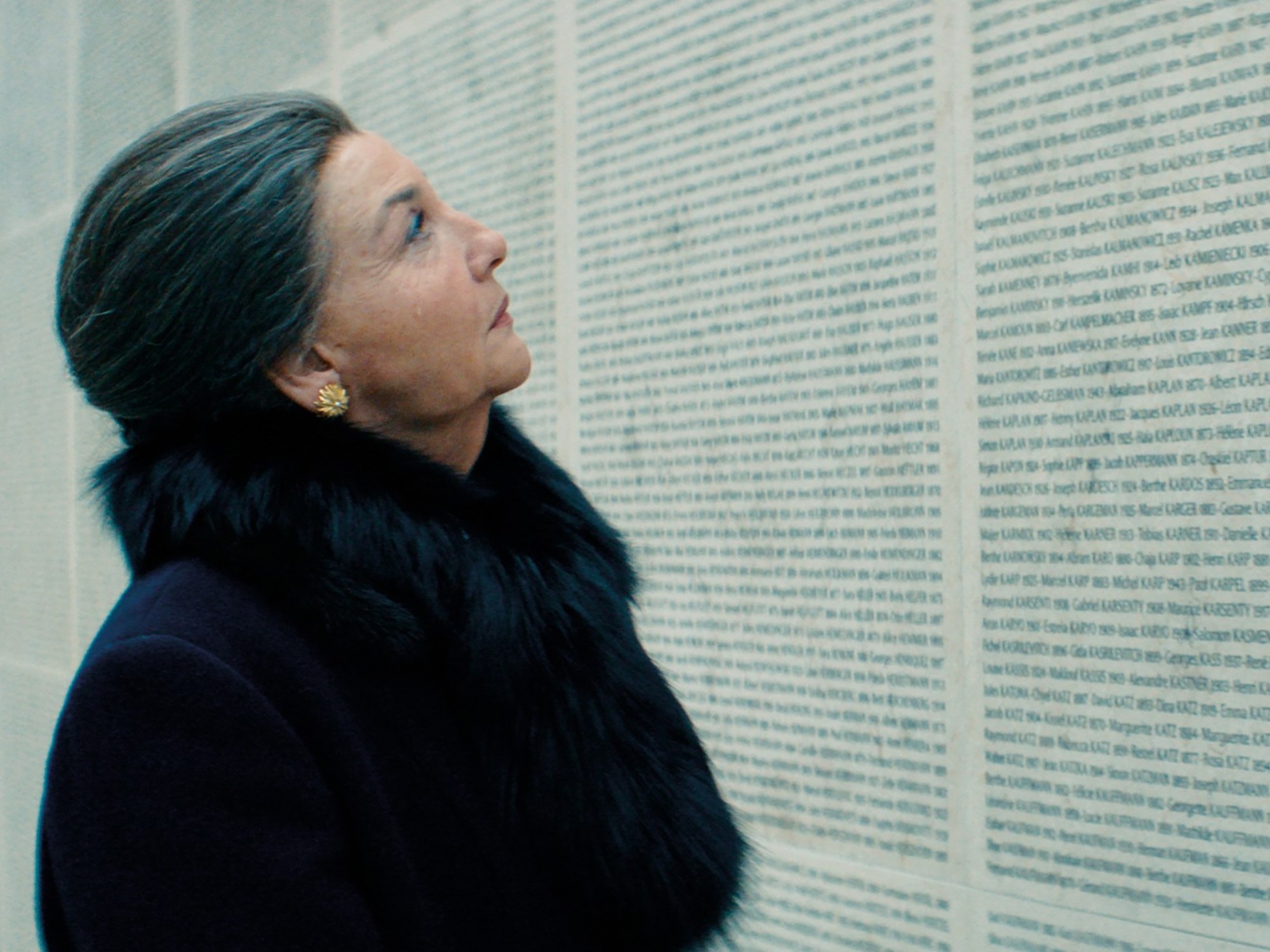The extraordinary life and legacy of Simone Veil (1927-2017) are celebrated in an ambitious opus that pays homage to one of the most revered and influential Frenchwoman. With Simone: Woman of the Century, Olivier Dahan completes a trilogy of iconic personalities, following his 2007 La Vie en Rose (which earned Marion Cotillard as Edith Piaf a Golden Globe for Best Actress-Motion Picture Musical/Comedy) and Grace of Monaco (with Nicole Kidman in the part of the movie star turned princess).
The film shines a light on a fascinating destiny. A Holocaust survivor (from Auschwitz and Bergen-Belsen, where she was sent in 1944 with her mother who died there, while her father and brother were deported elsewhere to never be seen again), Simone Veil went on to become a unique pioneering feminist. She was a fearless crusader and women’s rights champion who, as Minister of Health in 1975, was instrumental in helping pass the law legalizing abortion. From 1979 to 1982, she was the first female politician to be President of the European Parliament.
For Elsa Zylberstein, who plays her from age 35 to 87 (Rebecca Marder is the younger Simone), it has been a longtime passion project. “I first met her in 2007 at the Hebrew University of Jerusalem where I gave her a prize,” the actress told the Le Parisien daily paper. “I was very intimidated. And then, I saw her on several occasions through the years. I was so impressed by her formidable strength, her compassion, sensitivity, and humanity. I immediately thought she deserved a great movie, and I mentioned it to her and her husband. It was tricky while she was still alive, so it took a while to make it happen. But after returning from her funeral at the Invalides (in July 2017), I said to myself: ‘I am doing it!’” A fan of La Vie en Rose, she convinced Oliver Dahan to tackle the project.
Zylberstein, who is also a co-producer, spent a full year preparing for the part. “I watched all I could about her, documentaries, speeches, and TV appearances. I studied her demeanor, her speech pattern, body language, each breath, each flick of her eyes. I wanted to understand her from an intimate approach, to grasp her character to the fullest, to find out how she functioned, to comprehend what was behind her well-known polished image.” Once production began, she endured between four and seven hours of prosthetic makeup daily to transform into Veil.
Dahan justifies his decision to include some harrowing sequences set in the concentration camps. “Not showing it was out of the question,” he explained in an interview with the French News radio station RFI. “I was careful, but I did not hesitate much because I asked myself: ‘Has a 15-year-old seen Shoah by Claude Lanzman? No. Have they seen Schindler’s List? No. Have they seen The Pianist. I don’t think so.’”
The result is an intimate and epic portrait of a captivating figure who eminently challenged and transformed her era. As Dahan points out, “It’s a film about the transmission of history and the transmission of feelings. The star of the film is not the character. It’s the message that she conveyed.” In a stirring speech towards the end of the film, Veil says: “When people trivialize the Shoah as something to be put into perspective, I wonder whether our civilization is not losing its way…We are leading today’s youth along paths of hatred, racism, antisemitism, and xenophobia. There are many false prophets in France, in Europe and the world today.” Sadly, this statement still resonates too often in the society we live in.
Since its French release in October, the film has reached more than two million admissions, making Simone: Woman of the Century an undisputed hit.

